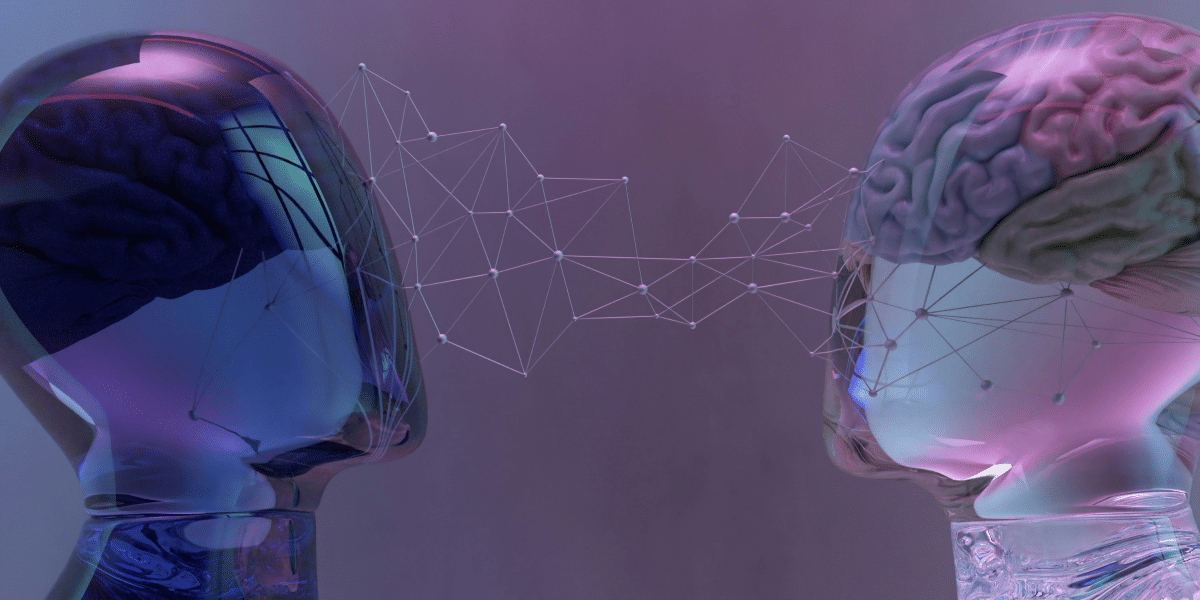Artificial Intelligence, a marvel of modern technology, intertwines algorithms and machine learning to mimic human cognition. It has transformed industries, from healthcare to transportation, by introducing efficiencies and innovations previously unimaginable. As AI continues to evolve, it brings with it a mix of significant advantages and notable challenges.
Advantages of Artificial Intelligence
Efficiency and Automation: AI excels in automating repetitive tasks, boosting productivity and accuracy across various sectors. This shift not only speeds up operations but also frees human workers to engage in more creative and strategic tasks, thereby enhancing overall performance.
Data Analysis and Decision-Making: With its ability to sift through vast datasets, AI provides businesses with critical insights for informed decision-making. This analytical power helps in identifying trends and making predictive analyses that human effort alone might miss.
Predictive Capabilities: AI’s predictive prowess allows businesses to anticipate market changes and consumer behavior, enabling proactive adjustments. This forward-looking approach aids in optimizing resources and mitigating risks.
Innovation and Creativity: AI merges with human creativity to push the boundaries of art, music, literature, and more, fostering a new era of innovation where machines and creativity merge.
Improved User Experience: AI-driven personalization and intuitive interfaces enhance user interactions, offering tailored services and recommendations that elevate customer satisfaction.
Disadvantages of Artificial Intelligence
Job Displacement and Unemployment: The automation brought about by AI poses a threat to jobs focused on repetitive tasks, leading to concerns over unemployment and the need for workforce retraining.
Data Privacy and Security Concerns: AI’s reliance on vast data collections raises alarms over privacy and security. Ensuring the ethical use of data and protecting against breaches are paramount in the age of AI.
Bias and Lack of Transparency: AI systems can inherit biases from their training data, leading to unfair decision-making. The opaque nature of some AI algorithms further complicates ethical considerations and demands more transparent practices.
Dependence and Overreliance on AI: Excessive reliance on AI may undermine human judgment. Balancing AI’s contributions with human oversight is crucial to maintaining the integrity of decision-making processes.
High Implementation Costs: The initial setup and maintenance of AI systems require substantial investment, posing challenges, especially for smaller entities.
Real-World Implications
In healthcare, AI’s diagnostic tools, like IBM Watson, demonstrate its potential to impact medical assessments. Meanwhile, companies like Amazon and Netflix utilize AI for personalized customer experiences. However, the negative impacts are equally notable, with instances like Amazon’s biased recruitment algorithm highlighting the ethical dilemmas AI can introduce.
Looking Ahead: The Future of AI
The advancement of AI promises even greater innovations, particularly in healthcare and autonomous technologies. However, the key to harnessing AI’s full potential while mitigating its risks lies in achieving a balanced approach. Addressing ethical concerns, ensuring transparency, and maintaining human oversight will be pivotal in navigating the future landscape of AI.
AI’s impact on society and business is profound, driving innovation while also prompting critical discussions on its ethical and societal implications. Moving forward, it’s essential to foster a balanced perspective that leverages AI’s benefits while addressing its challenges, ensuring a future where AI augments human capabilities responsibly.
Delve into the Advantages and Disadvantages of AI, where a concise article provides a balanced perspective on AI’s impact across different sectors. Ideal for a quick, thorough insight.
Published by: Nelly Chavez


















